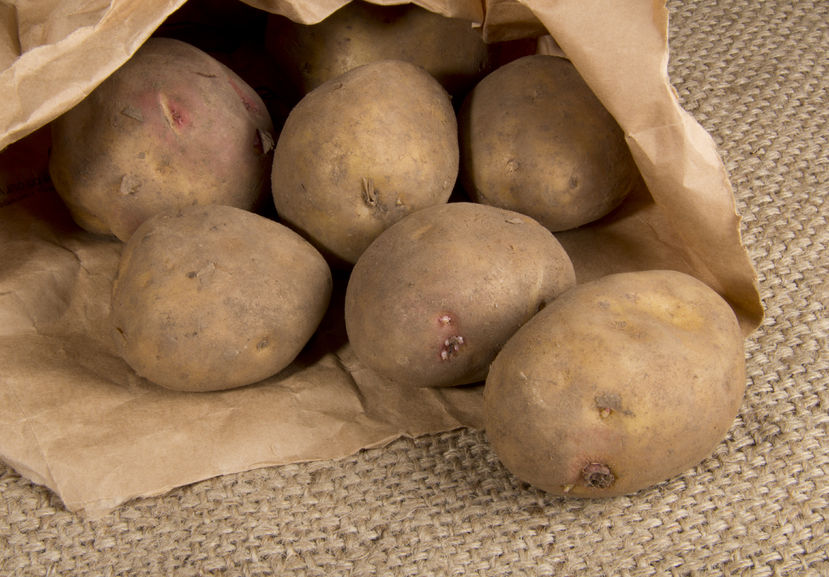
Aldi has entered into an agreement with a Welsh supplier to buy up approximately 700,000 British-grown King Edward potatoes.
The supplier, Puffin Produce, was left with a huge surplus stock following an unexpectedly good harvest.
The retailer is moving this stock to its Welsh regional distribution centres and ensuring that the surplus doesn’t go to waste.
Aldi says reducing food waste is a commitment, and that ensuring locally-sourced potatoes end up on dinner plates and not in the bin.
Huw Thomas, Managing Director at Puffin Produce said farmers benefit from a sustainable supply chain.
“It demonstrates the benefit of a truly integrated and sustainable supply chain, which can help farmers sell their excess stocks and at the same time present our Welsh customers with a top-quality product,” Mr Thomas said.
Aldi was one of the first supermarkets to sign up to the NFU’s Fruit and Veg pledge. The pledge champions best practice in the fresh produce sector, and is designed to cultivate long-lasting relationships between retailers and growers.
It requires retailers to adhere to a number of requirements including the fair treatment of suppliers, advance planning on promotions, investment in horticultural research and a commitment to increasing the amount of British fresh produce available for customers.
'Best before'
The move by Aldi follows Tesco announcing it will be removing best before dates from its packaging in an effort to cut down on post-farmgate waste.
The UK's biggest retailer will remove ‘Best Before’ consumption guidance dates off nearly 70 fruit and vegetable lines. The move is being made to help prevent perfectly edible food from being thrown away.
It follows a recent campaign by the National Federation of Women’s Institutes (NFWI) into causes of food waste which found that less than half of respondents understood the meaning of ‘Best Before’ dates.
However, more than 70 per cent of people polled by NFWI correctly identified the meaning of ‘Use By’ labels which have to be put on all foods where there is a safety risk if they are eaten after that date.
